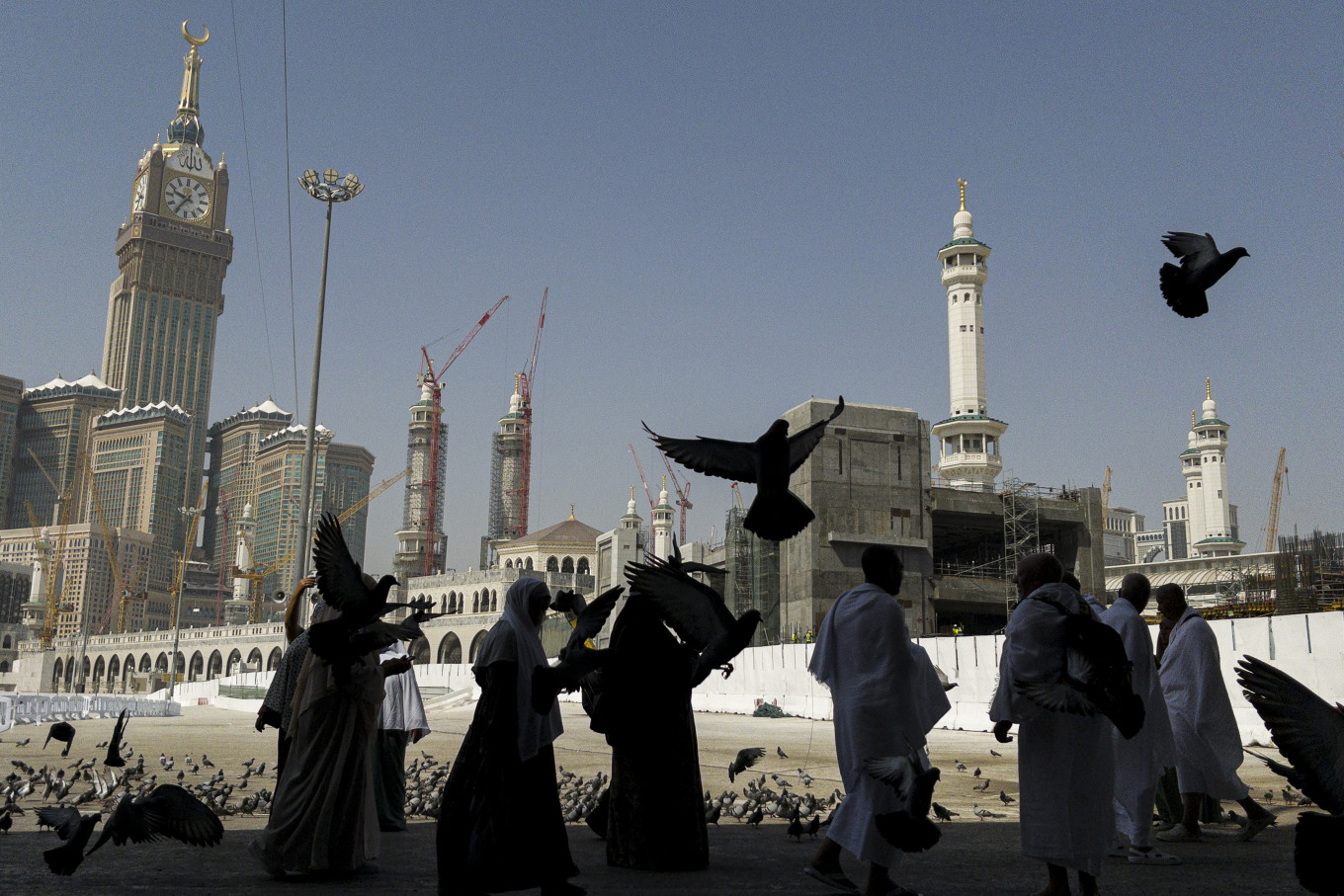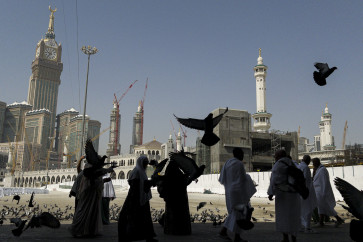Popular Reads
Top Results
Can't find what you're looking for?
View all search resultsPopular Reads
Top Results
Can't find what you're looking for?
View all search resultsThe economic dimension of haj and 'umrah'
Economic activities generated by haj and umrah significantly bolster Saudi Arabia's economy, creating an economic imbalance that favors the Kingdom over Indonesia.
Change text size
Gift Premium Articles
to Anyone
Approximately 2.5 million Muslims from 183 countries are now converging in Saudi Arabia for the haj. Indonesia, the world's largest Muslim-majority country, is sending a record-breaking 241,000 pilgrims for the 2024 haj season.
Additionally, nearly 596,000 Indonesians visited Saudi Arabia for umrah (the minor haj), in the first five months of this year, with the total expected to reach 1.5 million by the end of the year. In total, the number of haj and umrah pilgrims from Indonesia in 2024 is projected to reach 1.8 million, an 11 percent increase over last year.
No doubt, the annual haj and umrah have significant economic implications for both Indonesia and Saudi Arabia, particularly in the supply chain activities of goods and services needed for these events.
The haj and umrah supply chain involves various components. Air transportation represents the largest expense, covering 35 to 50 percent of the total cost. Hotels and accommodation account for 25 to 35 percent, with a variety of lodging options.
Local transportation, including buses, constitutes 5 percent of expenses, crucial for pilgrims' movement between holy sites and accommodation. Meal services also make up 5 percent of costs, ensuring pilgrims' well-being, while the remaining 5 percent covers visa fees and insurance. Additionally, pilgrims spend their own money on religious items, clothing and gifts from local retailers.
Indonesia’s involvement in the pilgrimage supply chain is relatively limited, at a maximum of 50 percent of air transportation, clothing, meal services and land transportation in the country. Saudi Arabia, on the other side, benefits considerably more than Indonesia. The Kingdom's airlines, serving around 50 percent of the flights to and from Indonesia, while local operators also dominate the meal services, accommodation, land transportation and retail industry.
These economic activities generated by haj and umrah significantly bolster Saudi Arabia's economy, creating an economic imbalance that favors the Kingdom over Indonesia.



















